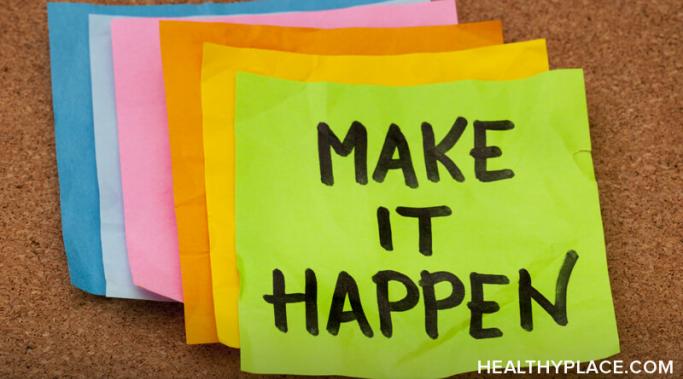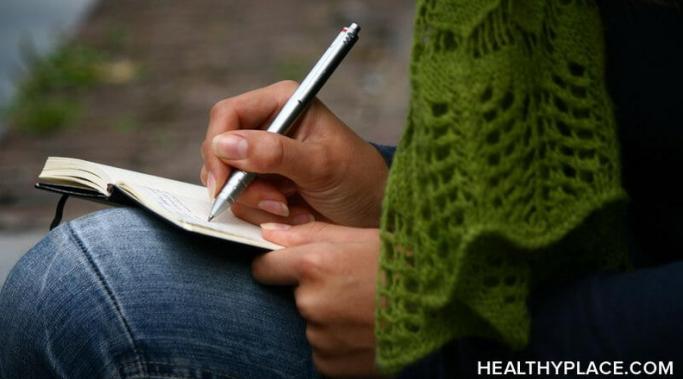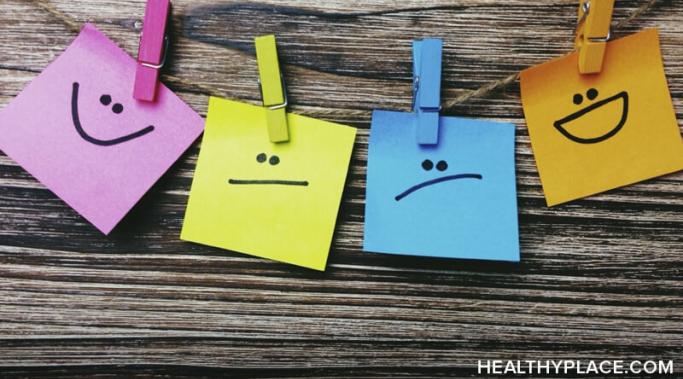Blogs
Growth milestones for borderline personality disorder (BPD) recovery have been a gratifying evolution. Tracking my progress is like observing a baby's journey from crawling to walking and talking. This perspective has softened my self-judgment about living with mental illness, as I tend to be hard on myself. Growth milestones in BPD matter.
Learning to say no after trauma can feel like stepping on someone's toes without stopping to apologize. In other words, it can feel harsh, cruel, rude, and downright awful to set a boundary or put your needs first. Through my experience enduring childhood sexual assault, I learned that my body was not my own. This idea made saying no after trauma very difficult.
Athletes can experience verbal abuse while participating in a wide variety of activities, from team sports to individual competitions. This verbal abuse can cause stress and possible emotional harm to the athlete. Insults, name-calling, or put-downs will not make a swimmer move faster through the water or ensure a child will score a goal. In fact, the opposite often occurs. Athletes who experience verbal abuse can suffer from low self-esteem and have increased self-doubt, hindering their athletic abilities.
It's the start of a new year, and it's a good time to reflect on the previous year and the things I learned about my anxiety. It's also a good time to reflect on strategies that I used for coping with anxiety, what worked well, and what didn't. Here's how I handle anxiety in the new year.
Many women dread the mere thought of turning into their mothers, to the extent that "I am turning into my mother" is a dramatic or hilarious trope often used in TV and films. However, in my case, this thought is aspirational instead of terrifying because my mother is one of my role models. And to quote the anonymous, "If I turn into my mother or even half the woman she is, I'll consider my life a successful one."
Setting goals is great, but setting realistic goals is even better. It’s the beginning of a new year, which means it’s the beginning of New Year’s resolutions season. While thinking about my self-improvement, I believe it’s important to set realistic goals that are easier to maintain and won’t leave me feeling like I’m fighting against the impossible.
As I approached the New Year, I found myself drawn to the age-old tradition of setting resolutions for mental health empowerment. For someone navigating the intricate path of mental health diagnoses, the idea of New Year's resolutions takes on a special significance. These resolutions, far beyond the usual promises of hitting the gym or saving money, can become allies in my quest for self-esteem and purpose amid the complexities of mental health recovery. Learn how to create empowered mental health through New Year's resolutions.
Gambling addiction recovery extends beyond breaking free from the grips of compulsive gambling. I learned the importance of identifying and cultivating healthier outlets for stress and excitement to prevent relapses and embrace a fulfilling life in recovery. My addiction was primarily fueled by excitement and stress, and in my recovery from gambling addiction, I have discovered activities that offer a sustainable and enriching alternative to gambling.
Verbal abuse can happen in team sports. Sports have existed for thousands of years, available to people of all cultures and ages. Unfortunately, so has verbal abuse. When these two worlds integrate, the results can be devastating. Verbal abuse in team sports can come from coaches, players, parents, or spectators, affecting everyone.
The road to recovery from borderline personality disorder (BPD) has been a tumultuous journey. You will get no arguments here. Life might be a tad smoother minus the BPD baggage, but catching those glimmers of hope and progress on the journey to recovery from BPD? That's where the real soulful rewards lie.









